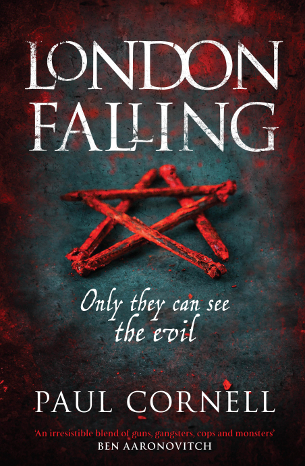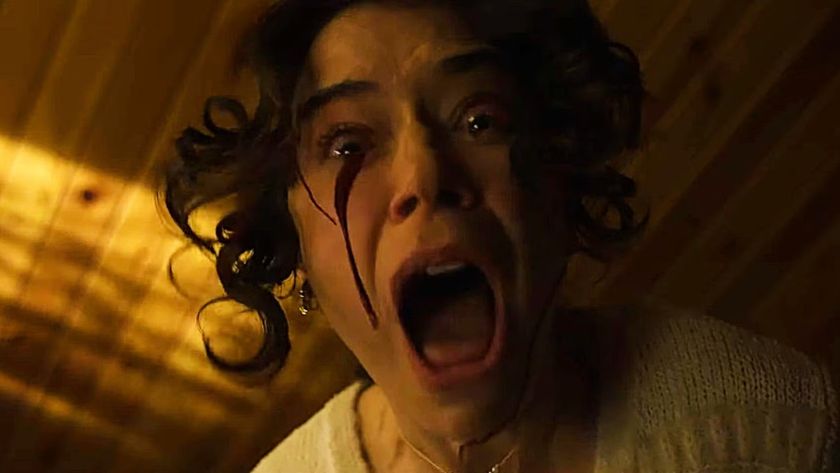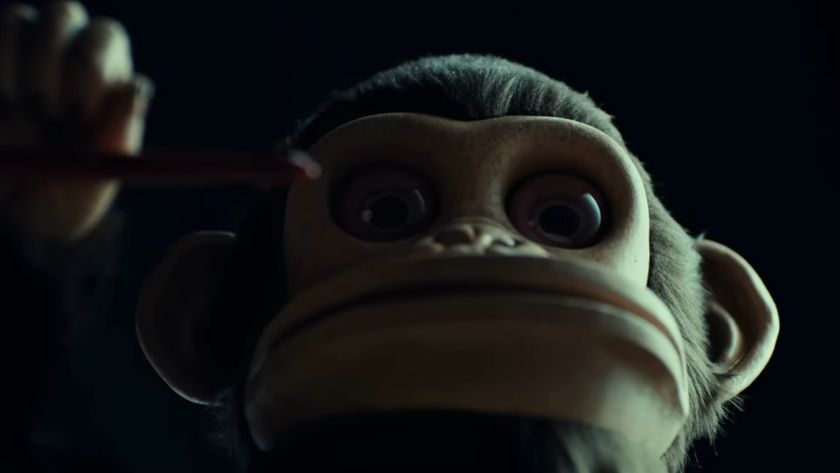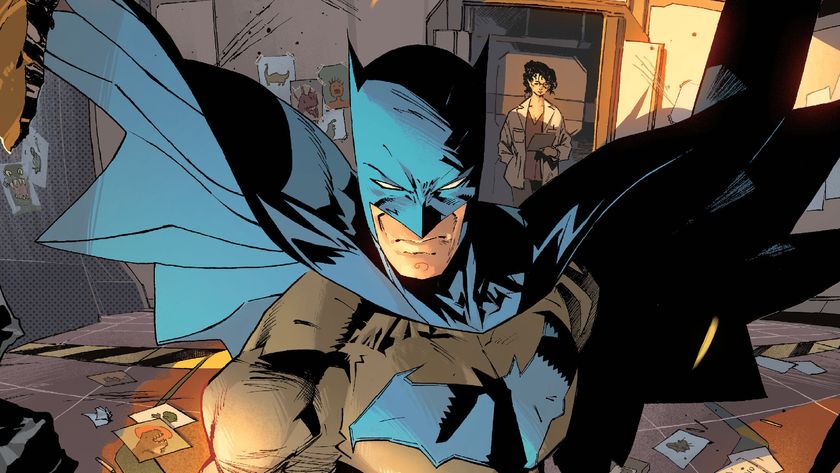Why you can trust 12DOVE
London Falling by Paul Cornell book review : Buffy meets The Sweeney in this slice of urban gothic
Within the genre of urban fantasy, our capital has gained its own (oc)cult following. London Falling is the latest contender in the burgeoning subgenre of London Gothic. Author Paul Cornell will be known to many sci-fi fans as one of the best of the new generation of writers on Doctor Who , and is already a favourite among comic readers for his work on the likes of Fantastic Four , Captain Britain and Stormwatch . With London Falling he has hit the zeitgeist of the urban fantasy genre, following in the footsteps of Neil Gaiman's Neverwhere and China Miéville's Kraken , and hot on the heels of Ben Aaronovitch's bestselling Rivers Of Londo n. So how does Cornell's reimagining of a fantasy London stack up?
Detective Inspector James Quill is the strutting heart of London Falling . He's a police investigator with a mission, namely to nail underworld crime boss Rob Toshack, and with the help of undercover officers Costain and Sefton he's on the verge of bringing his man to justice. But Toshack has friends in high - or should that be low - places. The crime boss has built his syndicate with the assistance of occult powers that DI Quill can barely begin to imagine. When Toshack is arrested, his occult patrons decide it’s better to murder their man than risk him spilling the beans. DI Quill ends up with a supernatural murder on his hands, one that can only lead him deeper and deeper into the horrifying world of London's hidden magic.
What Cornell does brilliantly in London Falling is to fuse two very different but equally compelling kinds of story. On the one hand we get a Buffy -esque tale of ordinary people encountering the occult world and discovering themselves and each other in the process. Cornell is excellent at capturing characters and relationships in a few well-turned lines of dialogue, and every page delivers another little jewel of character revelation. On the other hand, London Falling is a gritty police procedural with many nods to that British classic The Sweeney . The characters in London Falling are hard people making hard decisions, and horror is often conveyed as much through how these characters hide their fear as it is through how they show it.
For all its strengths, London Falling will lose some readers along the dark and demanding path it plots through the occult underworld. Cornell relies a little too heavily on by-the-numbers East London slang, which does become a touch repetitive. There's also a sense throughout the novel that Cornell is happier describing his characters through the imagined lens of a television camera than he is taking the reader deep inside their thoughts and feelings. Now and again the natural wit and humour of his voice as an author flashes up through the cinematic prose; the reader is left wanting more of that and less of the sometimes cold descriptions of place and action. And while the urban fantasy and police procedural elements work well combined together, it is ultimately a fantasy novel and will please fans of that genre better than hardened crime readers. But these are unlikely to be problems for most fantasy readers, who’ll be sucked in by the mix of gritty realism and horrific fantasy that power the book.
London Falling enters at the very top rank of London Gothic novels. It is grittier and harder-edged than Neil Gaiman's Neverwhere , more coherent and less esoteric than China Miéville's Kraken , less pedestrian and harder hitting than Ben Aaronovitch's Rivers Of London . Cornell is a fantasy novelist to watch, and London Falling is likely to be one of the genre’s big hits in 2013.
Damien Walter twitter.com/damiengwalter
Watch a Paul Cornell interview video.
Read more of our book reviews .
SFX Magazine is the world's number one sci-fi, fantasy, and horror magazine published by Future PLC. Established in 1995, SFX Magazine prides itself on writing for its fans, welcoming geeks, collectors, and aficionados into its readership for over 25 years. Covering films, TV shows, books, comics, games, merch, and more, SFX Magazine is published every month. If you love it, chances are we do too and you'll find it in SFX.
Most Popular







